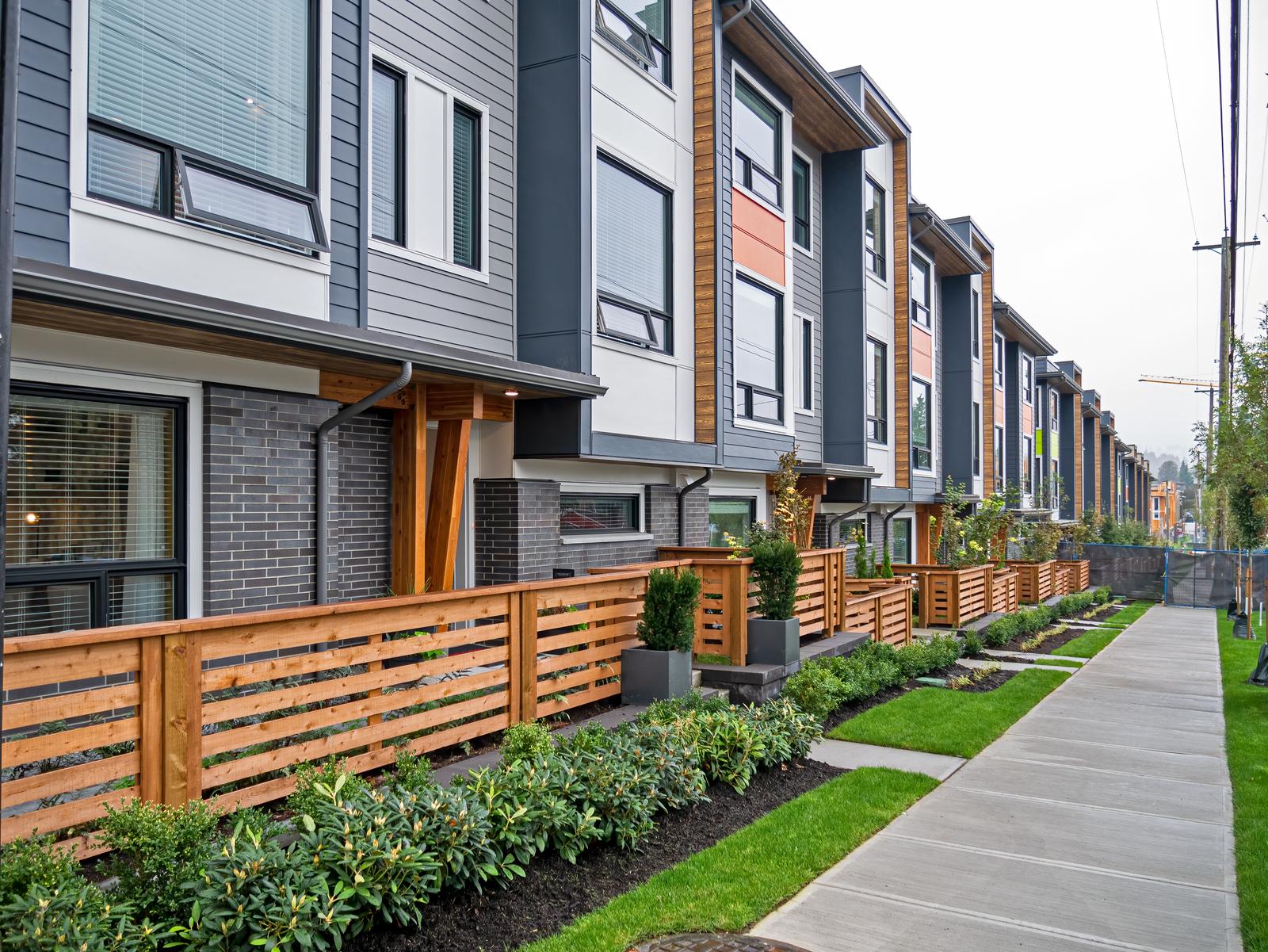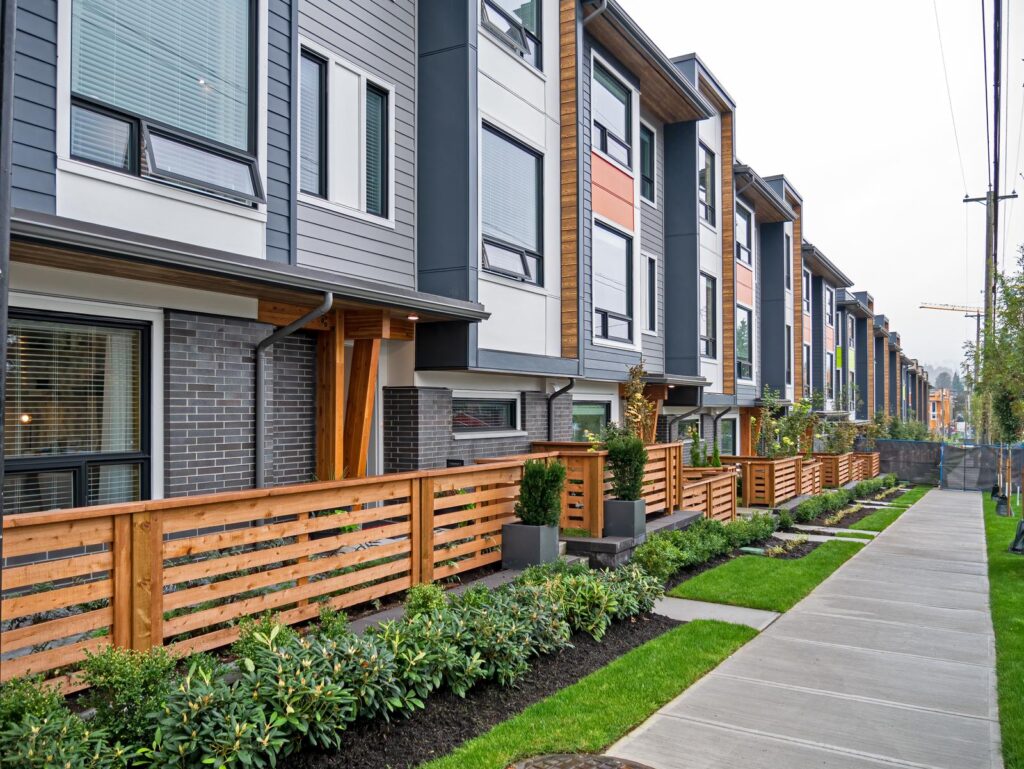
Zoning laws have a significant impact on real estate transactions in Vancouver. As a property owner, it is crucial to understand these laws to avoid potential legal disputes that can arise from violations or disputes related to zoning regulations.
Understand Zoning Laws: Key Considerations for Property Owners
To ensure a successful transaction, sellers must prioritize compliance with zoning regulations before listing their properties. Failure to address violations or disputes regarding zoning laws can lead to failed sales and legal complications. By understanding these regulations and rectifying any non-compliance issues early on, property owners can significantly mitigate risks.
Some Common Zoning Disputes that Property Owners may encounter
Non-compliance with land use regulations: Property owners may face disputes when their property use does not align with the designated zoning regulations. For example, if a residential property is being used for commercial purposes without the necessary permits, it can lead to zoning violations and potential legal action.
Setbacks and building restrictions: Zoning laws often specify setbacks, which are the minimum distances a building must be set back from property lines or other structures. Disputes may arise if a property owner constructs a building that violates these setback requirements or other building restrictions specified by zoning regulations.
Conditional use permits: Some properties require conditional use permits to be used for specific purposes or activities that are not typically allowed under the current zoning. Disputes can occur when property owners seek conditional use permits and face opposition from local authorities or neighboring residents.
Zoning changes and rezoning applications: Zoning regulations can change over time due to shifts in community needs or development plans. Property owners may have disputes when they object to proposed zoning changes that could impact their property value or planned use. Conversely, property owners may seek rezoning to accommodate desired developments, which may face opposition from local stakeholders.
Variances: Variances allow property owners to deviate from certain zoning regulations due to unique circumstances or hardships. Disputes can arise when property owners apply for variances, and neighboring residents or local authorities oppose these requests, citing concerns related to neighborhood character, environmental impact, or other factors.
Home-based businesses: Zoning regulations often have specific provisions for home-based businesses. Disputes can arise if neighbors or local authorities believe that a home-based business is causing nuisances, such as excessive noise or increased traffic, impacting the residential character of the area.
These are just a few examples of zoning disputes that property owners may encounter. Zoning laws can be complex and vary from one jurisdiction to another, so it is important to consult with a real estate litigation lawyer who specializes in zoning issues to navigate any potential disputes.
Role of Real Estate Litigation Lawyer in Vancouver in Navigating Zoning Laws
If you find yourself facing legal challenges related to zoning regulations, it is essential to consult with Hoogbruin’s real estate litigation lawyer in Vancouver. We have the expertise and experience to assess your situation, provide guidance, and advocate for your interests throughout the legal process.
Arsen Krekvoic, a renowned real estate litigation specialist at Hoogruin & Company, emphasizes the importance of understanding zoning laws to mitigate risks. Engaging the services of a knowledgeable real estate litigation lawyer at the early stages of a transaction is crucial for both buyers and sellers. We can assess your property’s compliance with zoning regulations, identify potential issues, and guide you through the necessary compliance procedures.
By consulting with Arsen Krekvoic – expert Vancouver real estate litigation lawyer, you can ensure your property complies with zoning laws and avoid potential disputes that could impact your real estate transaction.

